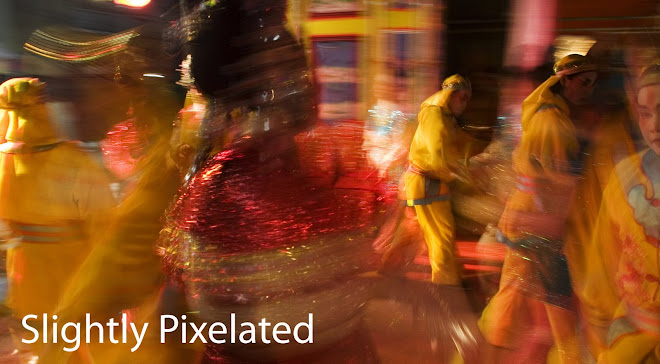With his boyish looks and impeccable pedigree, Abhisit was clearly born to lead. Yet while his polish, breeding and academic credentials may make him a seemingly ideal Premier - a man cut from finer cloth than most of his roguish political contemporaries - Abhisit is far from being the unifying figure Thailand needs to navigate through the current crisis.
An almost flawless embodiment of Thailand's privileged, paternalistic and often foreign educated 'high society'; Abhisit's formative experiences are a universe removed from the majority of people he will rule. Though he may have the allure of a Thai-style Obama, Abhisit, youthful and eloquent as he is, remains an icon of elite power.
His accession to the premiership, the result of political horsetrading in the aftermath of the collapse of the previous government, shines a spotlight on the mounting tensions between the concentrated power of privilege in Thailand and the increasingly urgent pressure for popular participation from below.
Such tensions, which are now challenging the stage-managed appearances of democracy, are arguably the most significant underlying factors behind Thailand's ongoing crisis.
In its coverage of recent street demonstrations, the Western media has focused on the most visible and immediate manifestations of Thailand's malaise.
A litany of articles have portrayed the yellow-clad supporters of the People's Alliance for Democracy (PAD) as the centurions of a self-serving, conservative and undemocratic elite; a simplistic explanation of a movement that has a surprisingly diverse support base and which is also driven by a sincere desire to see a clean-up of corruption in government.
The PAD says Thailand's problems are developmental, even cultural. Thailand is not suited to a one-man-one-vote system its leaders argue. The PAD spews nationalistic and royalist rhetoric while characterising the rural majority it seeks to disenfranchise as uneducated, hopelessly venal and by conclusion unfit to vote.
The Economist magazine scandalously pointed an accusing finger at Thailand's revered monarchy: blaming it for deliberately holding back Thailand's democratic development. Again though one cannot deny the relevance of the monarchy to any discussion of Thailand's political future, this argument was misleadingly narrow.
Tradition has provided a vital historical and cultural continuum, allowing this relatively young nation state to define its roots by pointing to ancient rituals and cultural traits that can be claimed to be shared by all. The State has promoted tradition by propagating the concept of Thai-ness (kwam pen Thai), a largely artificial cultural construct, as a unifying reference for all of its citizens.
Historically and traditionally, the monarchy has always been the focus of political power in Thailand; a reality that remains partly true to this day. Traditionally, however, the monarch's power was not defined by physical borders but by the fluctuating reach of his aura.
Though Thailand was never colonised, its recent leaders, both monarchs and politicians, have sought to redefine the Thai Kingdom within the framework of a Western style, modern nation-state; complete with the associated apparatus of government and the legitimising clothes of democracy.
Since 1932, when absolute monarchy was abolished in Thailand, the political establishment has tried to balance the need for historical and traditional continuity with their desire to transform Thailand into a modern democratic nation. During this period, punctuated by coups and counter coups, successive governments have see-sawed between liberal and authoritarian forms of democracy.
Unlike their Western counterparts, however, many of whom took centuries to establish stable democratic systems, Thailand has attempted to build a Western-style democratic culture in a matter of decades.
In many ways, there have been astounding successes. The Thai State has succeeded in creating a very palpable sense of nationhood among its citizens, asking its population to rally around the triumvirate of nation, religion and monarchy. Meanwhile it has implanted the machinery of government throughout the land and inculcated the population with a strong notional sense of individual rights and democratic duty.
One of the Thailand's enduring charms is its apparent ability to combine tradition, its religious reverence for its 'god king', colourful Buddhism and Hindu-style rituals, with the trappings of a modern nation complete with skyscrapers and skytrains.
The "Land of Smiles", as it has become known is place where Western tourists can sample the flavour of traditional Asia while never being far from all the familiar comforts of modernity.
Despite Thailand's successes, the country's recent turmoil suggests that the inherent contradiction between the reality of elite privilege and a State sponsored ideology of democratic equality are finally beginning play out on the streets.
The stakes are high on both sides of the divide. On the one hand, the established elites must find a justifiable argument or the physical means for perpetuating their control of government. On the other, Thailand's majority must now decide if it is to stand by and accept a social contract which will cede considerable power to the political elite or if they are willing to stand and fight (with all that entails) for a more open and equitable democratic system.

No comments:
Post a Comment